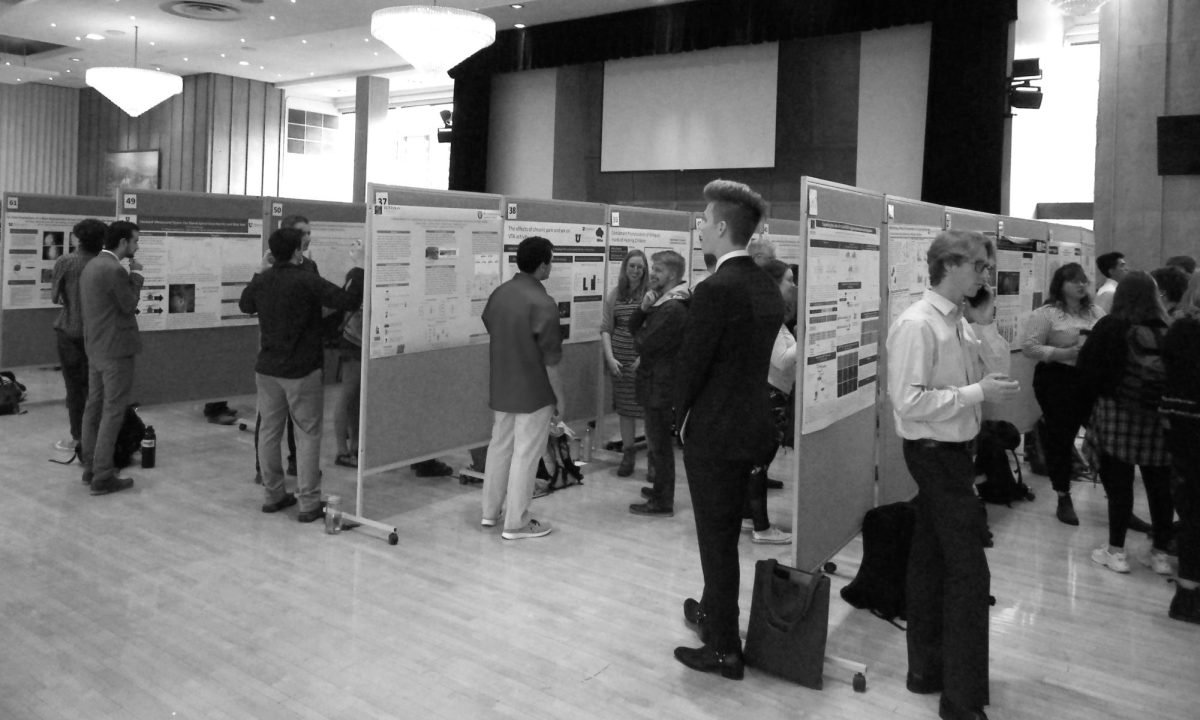College students have endless bills to pay, and even more endless demands of their valuable time. Despite this grueling reality, some research positions at the University of Utah pay students little to nothing for their work.
It’s essential that the U pays undergraduate students for their research. By withholding proper compensation, unpaid internships make research inaccessible and prevent students from doing the work they’re passionate about, effectively blocking diverse thought.
Value Students’ Work
Many undergraduate researchers spend hours each week on unpaid research that could be used working, studying or doing homework.
Debbie Hsu, an undergraduate student at the U, works in a pediatric neurology lab. She spent her summer in the lab doing unpaid work.
“They’ll say that the compensation is through experience,” Hsu said. While it’s important for college students to gain experience, this isn’t enough. They can gain experience while being paid.
Overall, Hsu’s time in the research position has been positive. She said she’s been fortunate to work with her research team.
“They actually show us how our work really helps with their projects and what we do matters,” Hsu said.
But being paid makes a difference. Now that the lab has hired Hsu and will pay her for her work, she can afford to be “showing up on a consistent schedule and finding time to actually carve out for lab work.”
Time is money. Students already pay expensive tuition to attend university in the U.S., and these universities shouldn’t expect to receive their labor for free.
“As people do work that’s above and beyond the coursework, it’s important to treat it like the actual work that it is,” said Claudia Geist, a faculty research mentor in the Gender Studies department. “I love research. But my job here is not a hobby.”
Universities must start valuing undergraduate research. Undergrad researchers advance scientific knowledge, furthering the goals of universities — which can absolutely pay them. The U receives the most research funding in the state. It also spends millions on sports such as football each year. There’s no excuse for neglecting to pay undergraduate researchers.
‘An equity issue’
Universities perpetuate classism and racism, often excluding and making admissions more difficult for people of color and other marginalized groups. We see these same inequalities in undergraduate research positions, especially when departments don’t pay students for their research.
As an institution that prides itself on being a Carnegie Tier-1 Research University, the U’s research opportunities should be available to all.
“It maintains existing inequalities if these opportunities are only accessible to students who have financial resources,” Geist said.
Unpaid internships reduce diversity and limit opportunities. While some students can afford to accept unpaid positions, students without the financial means — often those from diverse and marginalized backgrounds — are filtered out. This racial wealth gap comes from centuries of systemic racism and threatens to continue if universities withhold fair compensation.
“If it’s not paid, then it becomes so much more exclusive,” Geist said. “It’s an equity issue.”
A lack of diverse perspectives harms our institution — we need diversity to thrive. Different perspectives increase research depth through different approaches to solving problems and asking questions. Diverse teams are better equipped to address disparities in research, and they bring a wider range of skills to the table.
With the recent striking down of Affirmative Action, it is especially vital that universities like the U take the initiative to include diverse students and their perspectives. If we don’t push for diversity in research, historically marginalized perspectives will continue to be erased.
Where to Start
Geist said the Office of Undergraduate Research is a great resource for students who are interested in research but don’t know how to begin.
“They’ve really done a lot of work to demystify the process,” Geist said.
She’s also been successful in securing funding for students who want to do research, particularly through the Undergraduate Research Opportunity Program. Students can apply to UROP to assist faculty research with a stipend for one or two semesters.
We can make research more accessible to students with programs such as UROP. By paying all undergraduate researchers what they deserve, the U could open up a new realm of possibilities for students who have the power to change the world.



